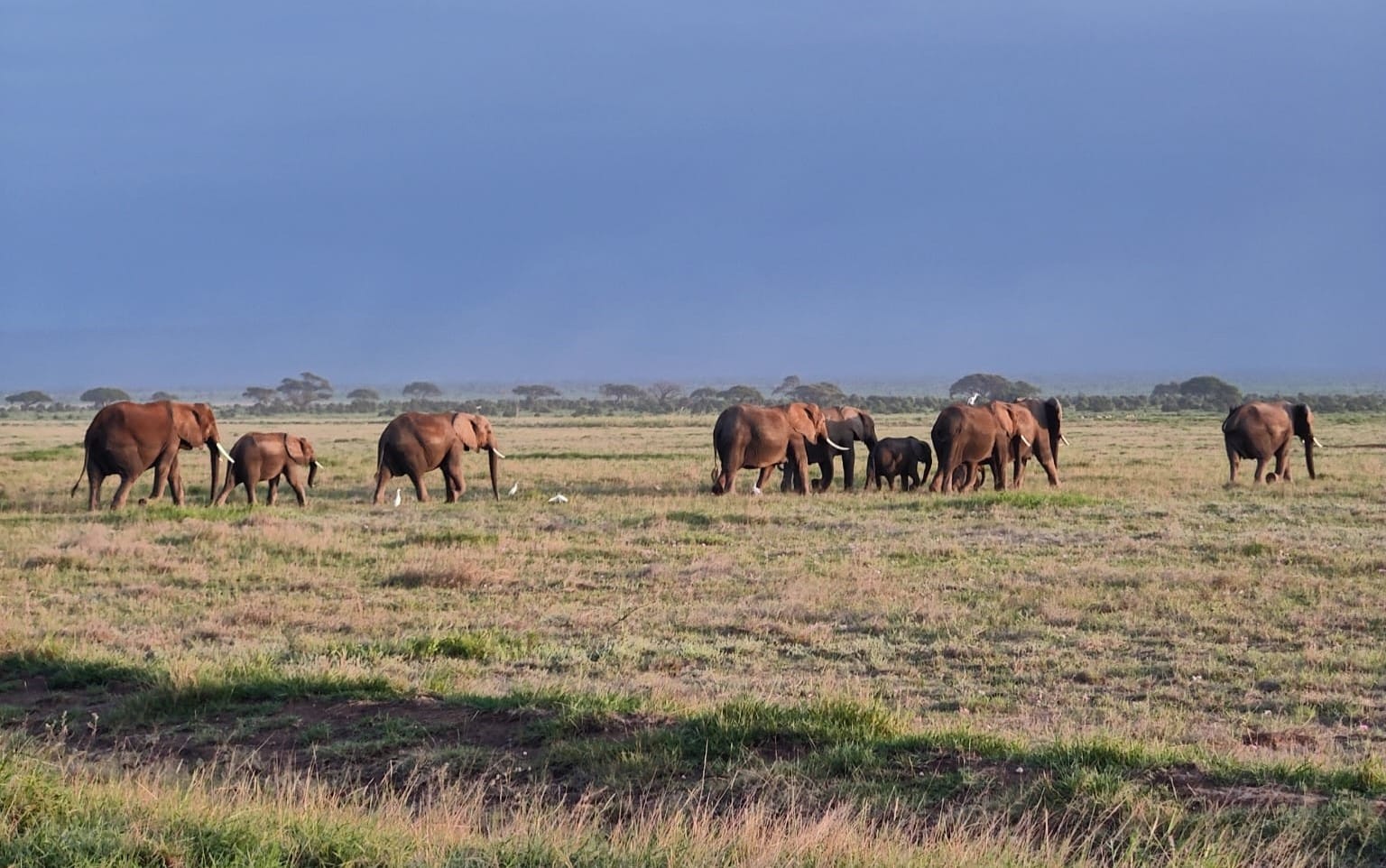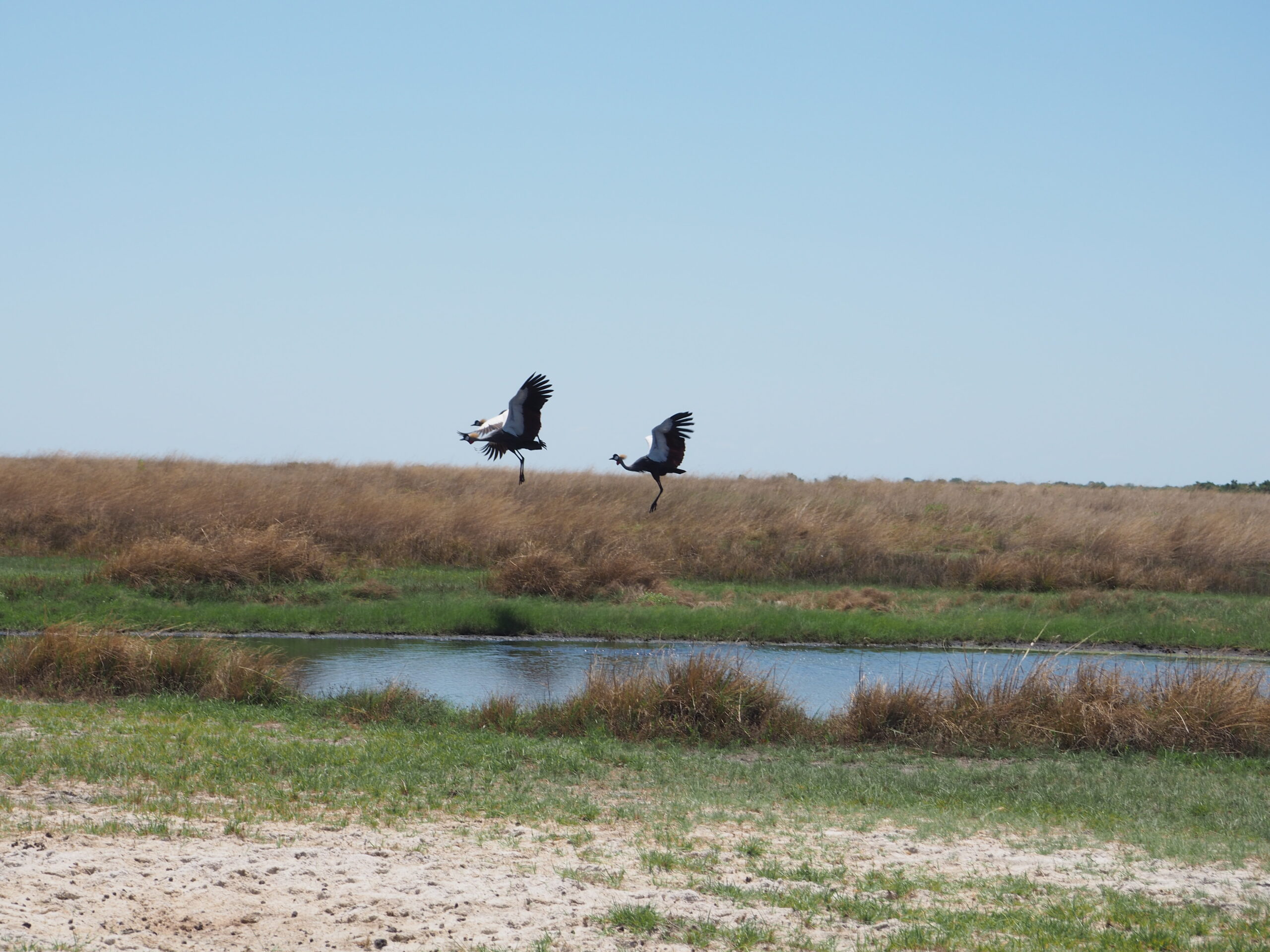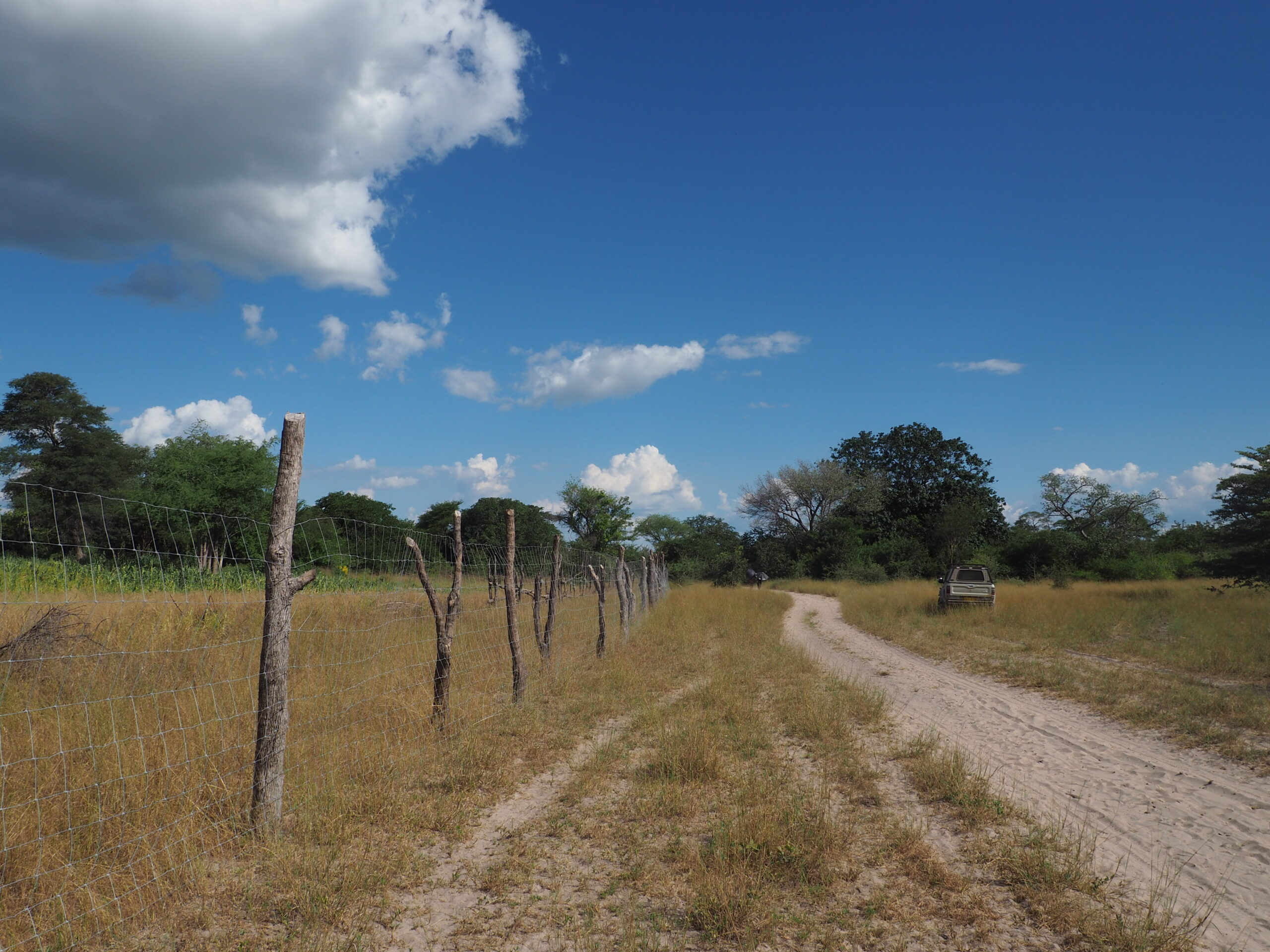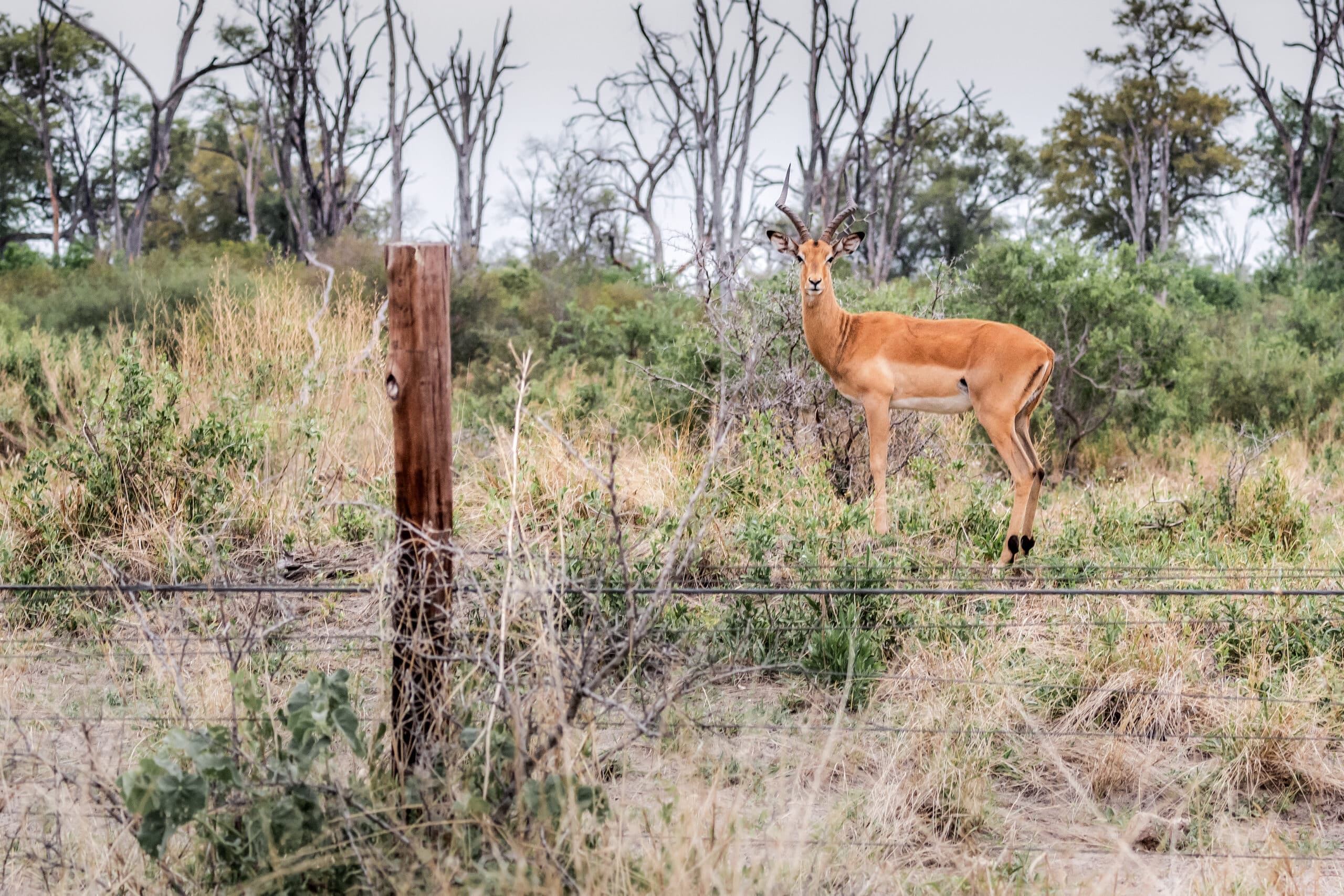Workshop on the Environmental History of the Kavango-Zambezi Transboundary Conservation Area
7th & 8th March 2022, UNAM Katima Mulilo (Namibia)
On the 7th and 8th of March, the ‘Environmental History of the Kavango-Zambezi Transfrontier Conservation Area’ workshop took place in Katima Mulilo, Namibia. The workshop was hosted by the University of Namibia, and brought together scholars from universities across all five KAZA countries, as well as from co-organizing European partner universities.
The event was opened with a welcoming address by Dr. Bennett Kangumu, head of the UNAM Katima Mulilo campus, and co-organizer Dr. Luregn Lenggenhager (Zentrum für Afrikastudien Basel). The address marked the beginning of a fruitful engagement over the next two days, with presentations covering a wide range of topics and study areas within the broader KAZA region (Hwange, Kafue, Zambezi, Chobe, Okavango, South-west Angola). Besides the contributions from historians (Gumbo, Bolaane, Molosiwa), the workshop featured work from other fields of scholarly engagement with history, including archeology (Gwasira and Mowa), anthropology (Whande, Vehrs, Bollig), geography (Mogende and Lenggenhager) and tourism studies (Thole), as well as the work of environmental scientists in the fields of wildlife ecology (Rutina) and vegetation ecology (Gonçalves).
After the great number of online events that have taken place over the last two years, it was a great privilege and invigorating experience to be able to attend this event in-person, with only two exceptions from participants not being able to attend in-person.
The workshop also marked the kick-off of three environmental history projects in the KAZA region. In the closing session of the event, Prof. David Anderson and Dr. Jonathan Jackson presented their subproject on the environmental history of the KAZA region within the CRC 228 Future Rural Africa project, and Prof. Michael Bollig and Léa Lacan presented the ERC Advanced Grant Rewilding Project. Dr. Luregn Lenggenhager, finally, presented his upcoming research project on more-than-human transboundary mobilities.
We look back upon a successful two days of generative dialogues and would like to thank the co-organizers and all participants.
Wisse van Engelen










